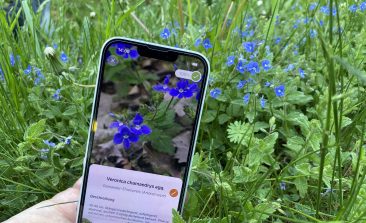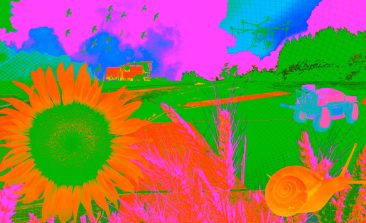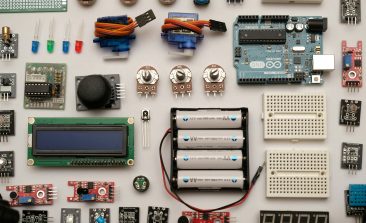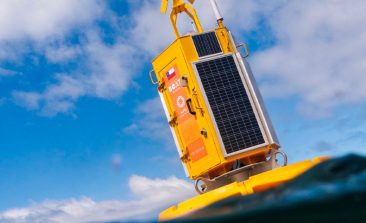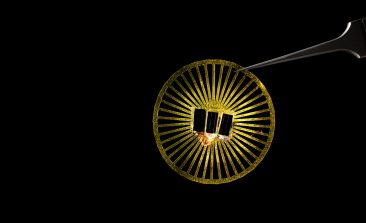Content to: sensors
Identify Plants With the Flora Incognita App – And Support Important Biological Research
AI-supported plant identification app Flora Incognita provides users with the names of previously unknown plants, turning you into a citizen scientist.
Digitalisation Can Advance Sustainable Agriculture – Under Certain Conditions
Digitalisation has long since arrived in agriculture. But how do these developments contribute to environmental and climate protection? We present solutions.
Meet the New Sound-Powered Sensor That Could Replace Batteries
Researchers in Zurich have developed sensors using sound waves, which could save 78 million batteries per year in the EU alone.
Can Sensors, Cameras and “Big Data” on the High Seas Make Fishing More Sustainable?
Modern sensors and data processing can make fishing more sustainable. However, new technologies such as SUSTUNTECH run the risk of having the opposite effect.
Cucumber-inspired Drones Collect Eco Data and Dissolve Into Nature
Researchers have developed a biodegradable drone with sensors designed to gather key environmental data in hard-to-reach locations.
AI Buoys Creating an Early Warning System for Whale Protection
Large whales can have important environmental and economic impacts. New AI buoys are being rolled out to protect them.
Wireless AI Sensors Can Give Ultra-Early Warnings of Growing Wildfires
If wildfire can be caught early, they are much easier to tackle. Networked AI sensors are providing the tools to give fire crews a head start.
Introducing the Climate Solutions Inspired by Nature
From sensors inspired by dandelion seeds, to sensors installed on the heads of seals. Sometimes nature itself provides the inspiration for modern environmental technology.
Dandelion Seeds Inspire Lightweight Sensors for Mass Networks
Setting up sensor networks can be expensive and time consuming. A new project from the University of Washington has turned to nature for solutions.
